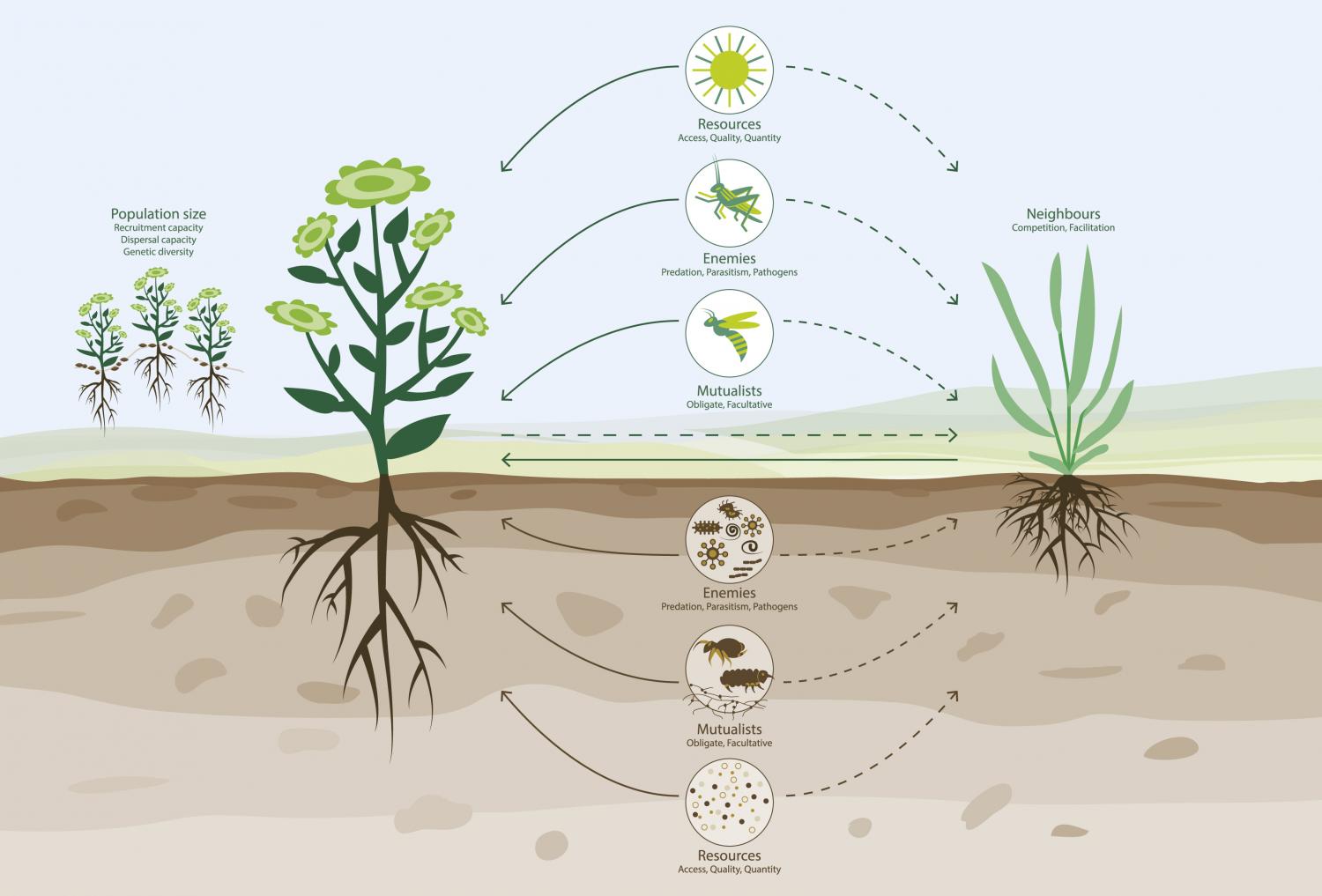
Anthropogenic climate change is increasing the incidence of climate extremes. Consequences of climate extremes on biodiversity can be highly detrimental, yet few studies also suggest beneficial effects of climate extremes on certain organisms. To obtain a general understanding of ecological responses to climate extremes, we present a review of how 16 major taxonomic/functional groups (including microorganisms, plants, invertebrates, and vertebrates) respond during extreme drought, precipitation, and temperature. Most taxonomic/functional groups respond negatively to extreme events, whereas groups such as mosses, legumes, trees, and vertebrate predators respond most negatively to climate extremes. We further highlight that ecological recovery after climate extremes is challenging to predict purely based on ecological responses during or immediately after climate extremes. By accounting for the characteristics of the recovering species, resource availability, and species interactions with neighboring competitors or facilitators, mutualists, and enemies, we outline a conceptual framework to better predict ecological recovery in terrestrial ecosystems.
